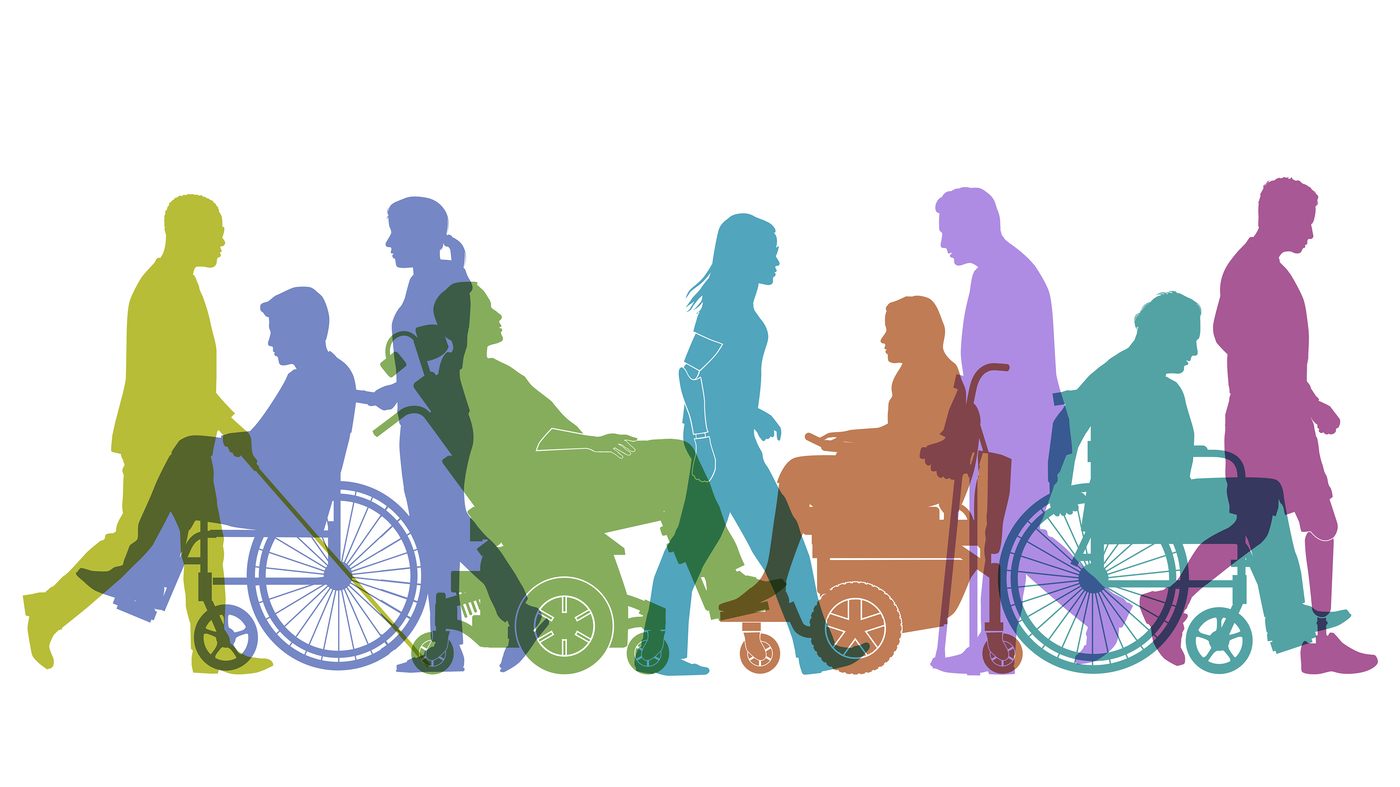: [POST-BROADCAST CORRECTION: In this report, we incorrectly identify Johns Hopkins University as John Hopkins University.]
Ailsa Chan, host:
Who should decide who counts as disabled in official statistics? That’s at the heart of a controversial proposal to change how the U.S. Census Bureau compiles data on people with disabilities. Many advocates worry the changes could drastically lower the nation’s disability rate. NPR’s Hansi Lo Wang reports.
By Hansi Lo Wang, reporter: These potential changes would affect statistics used to ensure people with disabilities have access to housing, health care and civil rights protections. Currently, those estimates depend on a “yes” or “no” question in the Census Bureau’s annual survey, which asks whether people have serious difficulties seeing, concentrating, walking or other activities.
DANIEL MONT: So lumping them all together hides the fact that a percentage of the population faces significant exclusion.
WANG: Daniel Montt heads the Inclusive Policy Center and helped develop a different approach that the agency is now proposing, which is in line with international standards, of asking people to rate the level of difficulty of certain activities.
MONT: If the U.S. uses a different set of questions, then the U.S. can’t really benchmark itself and compare itself to the rest of the world.
Wang: The agency is also proposing a new way of defining people with disabilities, one that defines them as disabled only if they say they have a lot of difficulty performing an activity or can’t do it at all. According to the agency’s research, this definition would reduce the estimated percentage of the U.S. population with some disability by about 40 percent. It would exclude people who say they have some difficulty performing an activity.
Marlene Salo: Some days are difficult, but overall, my daily life functions just fine.
WANG: Marlene Salo, president of the National Disability Rights Network and a person who has a degenerative spinal cord disease, spoke out against the agency’s proposal last month.
Salo: Does that mean I don’t have a disability? And that’s a real concern for me and for my community at large.
Marissa Ditkowski: You felt invisible again, right? The disability community is constantly fighting to be heard and seen.
WANG: Marissa Ditkowski has multiple disabilities and worries that the change in disability data will make it harder for her to advocate for expanded resources for people with disabilities as an attorney with the National Partnership for Women and Family.
Ditkowski: The massive disruption caused by the pandemic has left many people needing a variety of services and supports they never needed before, and when all of this relies on data, it’s really worrying.
ALICE WONG: (Through text-to-speech app) Services and programs for people with disabilities are already underfunded.
Wang: Alice Wong, a disabled writer and activist with muscular dystrophy who speaks through a text-to-speech app, says the FBI’s proposal could make even more people hesitant to identify as disabled for fear of discrimination.
WONG: (Through text-to-speech app) A lot of people who don’t identify as disabled because of ableism don’t get counted, even if they have a disability or a chronic illness.
WANG: The agency’s proposal comes after years of discussion and study, but many critics say much of the process ignores the perspectives of Americans with disabilities.
Bonnielynn Swenar: Who has the power to decide who is and isn’t disabled?
WANG: Bonilyn Swenor is blind and directs the Center for Disability Health Research at Johns Hopkins University.
Swenor: I think we need to think deeply and talk deeply about the inequalities and inequities that are embedded in this process.
WANG: The first round of public comment on the bureau’s proposal closes today, but the bureau plans to seek more feedback in the spring.
Hansi Lo Wang, NPR News.
Copyright © 2023 NPR. All Rights Reserved. See our website’s Terms of Use and Permissions page at www.npr.org for more information.
NPR transcripts are produced under rush deadlines by NPR contractors. This text may not be final and may be updated or revised over time. Accuracy and availability may vary. The official record of an NPR program is the audio recording.

